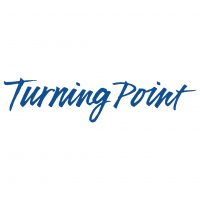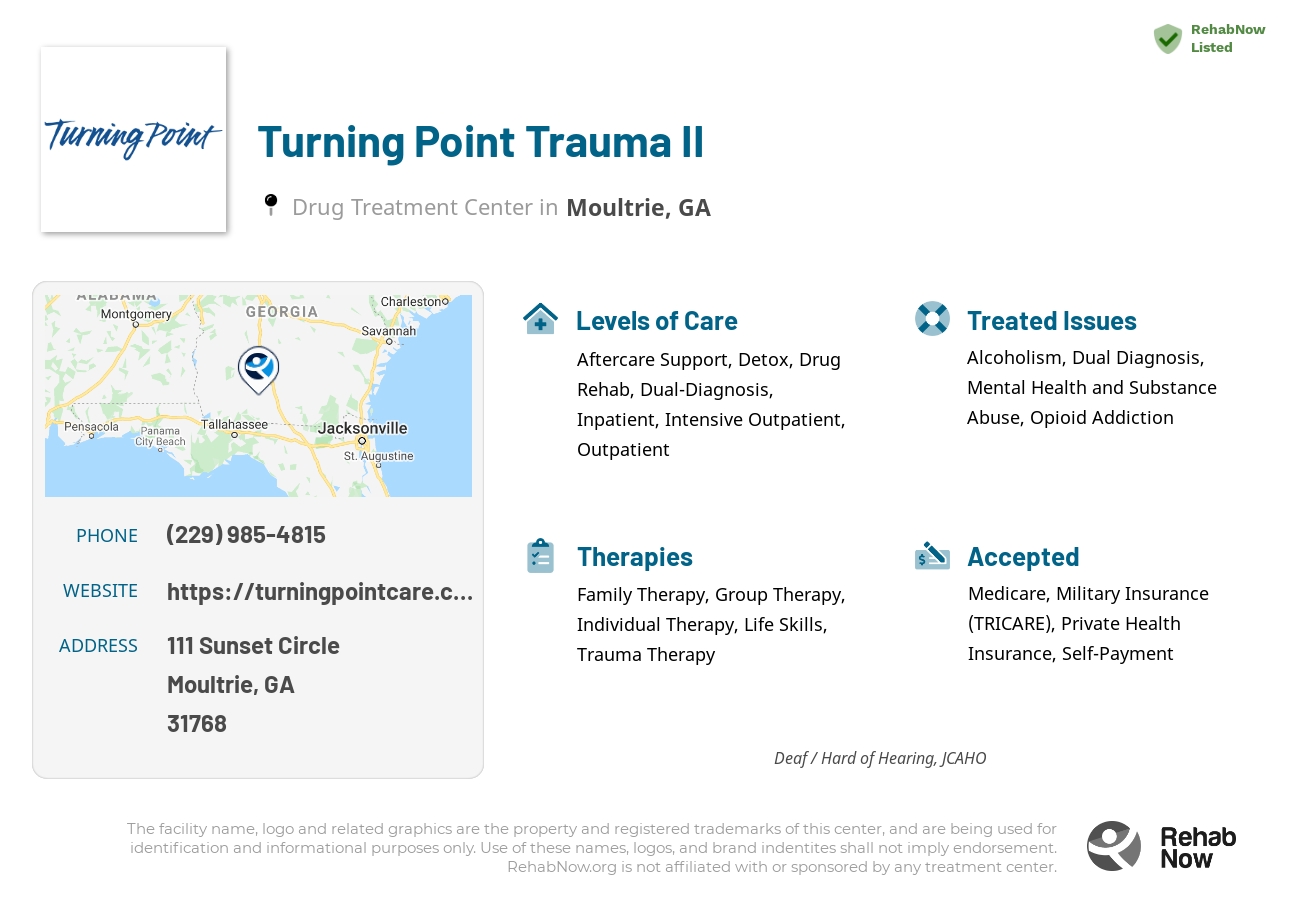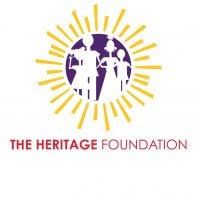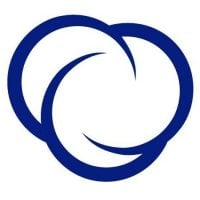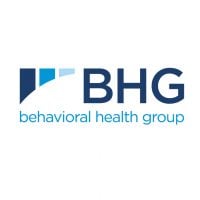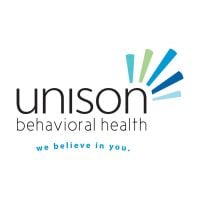Turning Point Trauma II
Drug Rehab Center in Moultrie, Georgia
Turning Point Trauma II is an accredited addiction treatment facility in Moultrie, GA offering comprehensive detox and inpatient, intensive outpatient, and partial hospitalization programs that focus on long-term sobriety, with private health insurance coverage accepted.
About Turning Point Trauma II in Georgia
Turning Point in Moultrie, Georgia, stands out as a beacon of hope for adults grappling with substance abuse and behavioral health disorders. For over two decades, it has unfailingly provided both inpatient and outpatient rehab programs, characterized by its "therapeutic community" approach. This method emphasizes self-reliance, peer accountability, and a continuum of care from hospitalization to outpatient follow-ups, showcasing its unique commitment to patient-focused rehabilitation.
Accredited by JCAHO, an endorsement underscoring its commitment to the highest standards of patient care and safety, Turning Point excels in treating a broad spectrum of addictions and mental health issues. The center's longevity in the field, combined with an expansive range of services, places it at the forefront of substance abuse treatment facilities.
- Therapeutic Community Approach: Encourages self and peer accountability in recovery, promoting long-lasting sobriety.
- Continuum of Care: Offers a seamless transition from inpatient hospitalization to outpatient programs, ensuring consistent support.
- JCAHO Accreditation: Guarantees high-quality care and safety standards, reassuring patients of the facility’s commitment to excellence.
Turning Point Trauma II specializes in addressing complex challenges such as alcoholism, dual diagnosis, opioid addiction, and other substance abuse issues through a variety of treatment methods. These include detoxification, inpatient and outpatient programs, and intensive care options, tailored to foster recovery and empower individuals towards a sober life.
Genders
Ages
Modality
Additional
Accreditations

JCAHO
Conditions and Issues Treated
Substance abuse is defined by the continued use of drugs or alcohol despite negative consequences, such as legal or work problems. It can be treated using a variety of services, including therapy and medication.
Substance abuse treatment is beneficial for:
- People who have been using drugs or alcohol for a long time.
- People who have been using drugs or alcohol to cope with stress, anxiety, or depression.
- People who have a mental health disorder in conjunction with substance abuse.
- People who continue to use drugs or alcohol despite the harmful effects they cause on their own life and the lives of others.
- People who have had multiple failed attempts at recovery without medical assistance.
If you believe that addiction treatment is right for you or a loved one, you can contact your primary care physician, or search for addiction treatment centers in your area. Treatment is beneficial to people who are motivated towards recovery, and who understand the benefits of professional care.
Opioid addiction is a common form of addiction, often caused by prescription drugs that are abused. Addiction is treated by detoxifying the body and following up with therapies to correct behavior and target the root of the problem.
Most opioid addiction begins with patients being prescribed painkillers after an injury or surgery. The body becomes used to the chemicals in these medications and soon no longer responds to their presence. As a result, addicts seek out stronger opiate-based medications like Oxycodone to compensate for the lack of effectiveness.
The most dangerous aspect is that these addictive behaviors often get carried over onto illicit drugs like heroin, which are increasingly potent and result in lower life expectancies.
Dual Diagnosis treatment centers like Turning Point Trauma II provide this treatment tailored to the patient’s specific needs, and they also have a specialized focus on addiction treatment. Drug and alcohol addiction often coexists with another mental illness, such as depression or schizophrenia. In other words, drug addiction is only a symptom of a deeper problem.
When addiction enters into the picture, it can often lead to dangerous consequences in the addict’s life. For example, when addiction is paired with major depression, it can lead to suicidal thoughts or actions. When someone is addicted to drugs or alcohol, they often experience a failure to control their impulses and difficulty decision-making.
Dual diagnosis for drug addicts can be very effective when treating drug addiction in Moultrie, GA.
Levels of Care Offered
This center offers a variety of custom treatment tailored to individual recovery. Currently available are Aftercare Support, Detox, Drug Rehab, Dual-Diagnosis, Inpatient, Intensive Outpatient, Outpatient, Partial-Hospitalization, with additional therapies available as listed below.
Detox is the body’s process of removing toxins. In substance abuse, detox refers to the process of getting rid of drugs already present in the system once the patient stops further intake. Detox is the initial recovery step. Physiological drug dependence over time can lead to symptoms of withdrawal. Depending on the symptom severity, the detox process is managed either medically or clinically. While medically assisted detox relies on specific medicines, clinical or social detox relies on providing the patient with emotional and psychological support.
The inpatient rehab at Turning Point Trauma II promises an intense and effective treatment. Inpatient rehabs are particularly recommended for those with a severe addiction to drugs. Detoxing at a rehab center ensures that the patient receives 24-hour medical supervision to ensure the best possible chance of recovery. Medical staff is readily available to intervene in case of withdrawal symptoms or other complications. This is not the case with outpatient treatment, where patients may be discharged after the detoxification process is complete.
Inpatient facilities provide residential and holistic treatment, with access to experienced medical professionals and rehab specialists. This ensures the best possible recovery and is recommended for patients with severe addiction seeking drug treatment.
Intensive Outpatient Programs (IOPs) are a form of drug treatment that allows individuals to receive the therapy they need while remaining in their homes and community. IOPs allow for the flexibility to continue working and living at home while still meeting treatment demands.
Outpatient treatment programs are less intensive than an inpatient program. Participants live at home while working or going to school. Benefits include being able to continue relationships with family, friends, and work/studies. Treatment includes educating patient on addiction to drugs, medication, and counseling. Benefits include being able to continue relationships with family, friends, and work/studies. Treatment includes educating patient on addiction to drugs, medication, and counseling. Counseling sessions are for either individual or group.
A Partial Hospitalization Program is the safest way for a person suffering from addiction to get treatment without putting their family at risk. The addict has the freedom to check in and out of treatment, yet they still receive outside guidance and confinement if needed to beat their addiction.
An addict in a Partial Hospitalization Program will meet with medical and psychological professionals and undergo drug testing, all of which can lead to a diagnosis and the beginning of an effective treatment plan. Treatment can include individual counseling, group therapy, family therapy, community support sessions, and more.
Aftercare Support in drug rehab is crucial because it helps people stay sober after treatment. The benefits of Aftercare Support are that it provides a pathway that will help people get sober for life. It supports healing at all levels, physical, mental, emotional, and spiritual.
Therapies & Programs
Individualized Treatment is essential because it gives addicts the ability to participate in a program that meets their unique needs. An addict should work with professionals who understand what they’re going through, especially if the addict is actively using.
Trying to find a treatment program that meets your needs can be challenging. It’s even more complicated if you don’t know what kind of treatment you need. Being able to have professionals who are experienced with treating your situation is key to getting sober. Finding the right treatment program for an addict is difficult, but it’s even harder without communicating with those who have experience treating your specific situation.
Family dysfunction can often be the underlying cause of substance abuse. To get sober, you need to find a different way to cope with the pain in your life. Family therapy can help you and your family deal with old issues that may trigger substance abuse. It will help everyone understand why each member of the family feels and acts the way they do. It can give everyone new tools to manage their emotions so that they don’t want to drink or do drugs.
A person looking for drug recovery should know that group therapy is an essential tool. Group therapy provides accountability and friendship to people with addiction. It is recommended as a lifetime treatment habit. Group therapy occurs in a group setting as opposed to a one-on-one setting. It benefits patients by providing a feeling of support and letting them know they are not alone. Patients at Turning Point Trauma II also learn to build trust and understanding and gain perspective through discussions.
If you are looking for a drug addiction treatment program that also provides trauma therapy, then Turning Point Trauma II in Moultrie, GA is a great option. The staff at this facility specialize in helping people process and understand the past traumas that have led them to addiction. This approach can help individuals move forward with their recovery and take a better hold of their sober future.
The benefits of trauma therapy at Turning Point Trauma II in Moultrie, GA are as follows:
- People will become less likely to engage in self destructive behaviors.
- Their emotional and mental health will significantly improve.
- They will be more confident in their abilities to live an addiction-free life.
- People will be able to connect with other people on a deeper level.
- Their problems with intimacy and trust will improve.
Dialectical behavior therapy is a type of cognitive-behavioral therapy that focuses on eliminating specific negative thoughts that can potentially lead to an individual inflicting self-harm. It helps treat patients exhibiting uncontrollable emotions, intense mood swings, and borderline personality disorders.
The term “dialectic” means the integration of opposites. In the substance abuse context, dialectical behavior therapy refers to accepting the patient’s addiction and changing their thoughts and behavior. It improves life skills such as controlling intense emotions without reacting impulsively, resolving interpersonal conflicts effectively, and promoting awareness about self and others.
Eye Movement Desensitization and Reprocessing (EMDR) is an integrative psychotherapy approach that has been extensively studied and proven effective for treating trauma. EMDR is a set of standardized protocols that incorporates elements from many different treatment approaches. EMDR therapy promotes information processing of external stimuli, memories, thoughts, and feelings. EMDR sessions typically last 50-90 minutes and can be completed in as little as 12-15 sessions. However, many individuals with chronic trauma histories require more than 50 EMDR sessions to achieve significant symptom relief.
EMDR therapy treats individuals, children, and adults of either gender exposed to one or more traumatic events. EMDR cannot cause someone to forget details of the traumatic event(s), nor does EMDR focus on exploring the past trauma(s). EMDR has been demonstrated effective for survivors of various traumas, including accidents, natural disasters, violent crimes, sexual abuse, and combat stress.
EMDR is most effective when the client has completed a thorough psychiatric evaluation to rule out or treat any co-existing mental health problems. EMDR therapy does not involve hypnosis or abreaction (catharsis) of traumatic memories. EMDR is a goal-directed therapy in which the client works with the therapist to develop an individualized treatment plan that focuses on specific trauma memories and associated disturbance.
Life skills training is beneficial for addicts in recovery because it helps them learn how to take care of themselves and improve their quality of life, which can promote feelings of purpose and motivation.
This type of treatment works by teaching individuals life-enhancing skills that support positive living, including:
- Healthy lifestyle habits
- Skills to effectively manage stress
- Effective communication skills to help them get their needs met without turning to drugs or alcohol
- Money management and budgeting skills so they can continue to take care of themselves after treatment ends.
Patient Experience
Creative Arts
In Creative Arts Therapy for addicts, the final product matters far less than the experience of creation and expression itself. It is believed that enhancing creativity and developing skills related to it can help people recover faster. Activities such as painting, writing, acting, and dancing are considered therapeutic and hosted and managed by Turning Point Trauma II in Moultrie, GA. They become outlets for patients to blow off steam, channel their emotions, and express their thoughts and feelings.
Experiential Therapy at Turning Point Trauma II
Experiential therapy is a type of therapy that has been found to be effective in the treatment of substance abuse. It is a “hands-on” approach, which can involve anything from acting to rock climbing. The individual must trust the therapist for this therapy to work. This therapy helps individuals revisit and heal from past traumas and has been used in various behavioral and eating disorders.
Payment Options Accepted
For specific insurance or payment methods please contact us.
Is your insurance accepted?
Ask an expert, call (888) 674-0062
Additional Details
Specifics, location, and helpful extra information.
Moultrie, Georgia 31768 Phone Number(229) 985-4815 Meta DetailsUpdated April 15, 2024
Staff Verified
Turning Point Trauma II Patient Reviews
There are no reviews yet. Be the first one to write one.
Moultrie, Georgia Addiction Information
Prescription opioid use has caused a large increase in the total amount of overdoses in Georgia. Almost 12% of the Georgia population uses illicit drugs each year, and slightly over 3.5% also abuses alcohol at the same time. This does not include those who binge-drink at least once a month, which includes 20% of all Georgians.
The rate of drug use in Moultrie, Georgia is higher than the national average. In 2015, there were 1,521 drug overdose deaths in Moultrie, a rate of 17.8 per 100,000 people. Heroin was present in 246 of those deaths, compared to only 33 in 2013. Drug addiction and abuse problems are common in Moultrie, GA, but recovery is possible with the right treatment program.
Treatment in Nearby Cities
- Riverdale, GA (172.8 mi.)
- Morrow, GA (172.6 mi.)
- Reidsville, GA (118.1 mi.)
- Kathleen, GA (94.8 mi.)
- Camilla, GA (26.4 mi.)
Centers near Turning Point Trauma II
The facility name, logo and brand are the property and registered trademarks of Turning Point Trauma II, and are being used for identification and informational purposes only. Use of these names, logos and brands shall not imply endorsement. RehabNow.org is not affiliated with or sponsored by Turning Point Trauma II.
